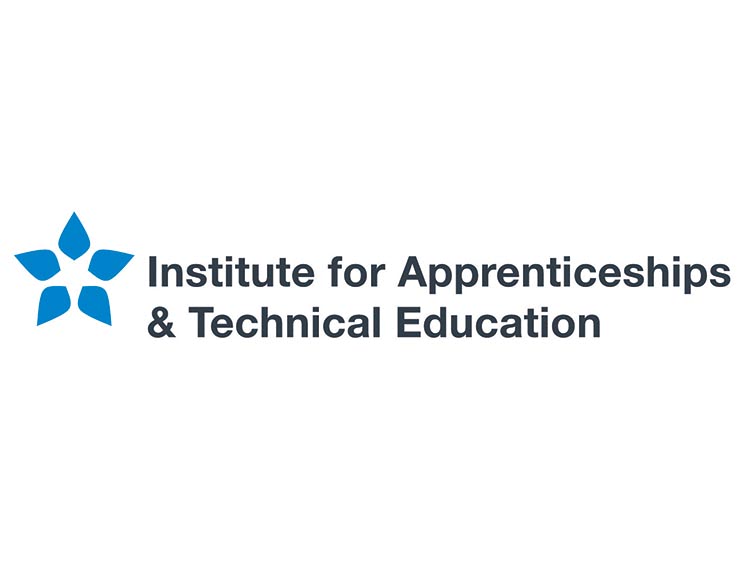Trailblazing Legal, Finance and Accounting apprenticeships for young people getting their #GCSEResults

- As students collect their GCSE results today, the Institute for Apprenticeships and Technical Education (the Institute) is promoting apprenticeship opportunities for young people in lucrative professions embracing apprenticeships for the first time
- Government apprenticeships now plug the skills gaps for white-collar professional sectors – presenting golden opportunities for training to be solicitors, accountants and work across finance and insurance
- Stephen Allaker, the new Chair of the Institute Legal, Finance and Accounting Route Panel, will lead the rollout of further apprenticeships for these prestigious sectors
On GCSE results day, the Institute is highlighting the growing possibilities for apprenticeships in the legal, finance and accounting sector.
It comes as Stephen Allaker is announced as the new Chair of the Institute’s Legal, Finance and Accounting Route Panel, which brings together industry experts to agree the standards of knowledge, skills and behaviours needed for further apprenticeships set to be rolled out for these key sectors.
Speaking about the opportunities for school leavers, Mr Allaker said:
“With GCSE results day upon us, and A Level results just in, we want to school-leavers to know all about apprenticeships that could allow them to earn as they learn and establish themselves in our high-status professions. These are no longer the preserve of university graduates and I want to see apprenticeships widen access to more people than ever before.
“I have learnt over my own career that most development comes from giving an individual a range of experiences on-the-job. But this stretching and nurturing also needs to be built upon a solid, technical understanding gained through high quality skills training. We can strike that key balance through apprenticeships.”
Previously seen as the preserve of traditional trades, new apprenticeship standards are also being rolled out to white collar professions. Learners receive the same level of high-quality training as more traditional training routes, but earn a wage and do not have to take out student loans because apprentice training is fully funded.
Emily Burdett, an apprentice for world-renowned law firm Ashursts, said:
“Students who are considering a career in law should be aware that there is an alternative option to the traditional, full-time university route. By taking the apprenticeship route, you are not missing out on gaining a degree; we work at Ashurst four days a week, whilst studying part-time for a law degree (LLB) followed by the SQEs (Solicitor’s Qualifying Exams) with the University of Law, which is a highly regarded university (some law firms will choose to study with different universities).
“It takes the same amount of time to qualify via an apprenticeship as it does via the traditional route; the key difference is that an apprentice’s education is fully funded. This means you qualify debt-free, and with six years of paid experience.”
Nicola Stafford is the HR Consultant for Early Careers at Ashurst, and she has already seen the social mobility benefits of offering apprenticeships rather than just taking on graduates. She said:
“We have noticed that a larger proportion of those applying to our apprenticeship scheme are state school educated and from less advantaged backgrounds than those applying for the traditional training contract. It’s great as it encourages social mobility in the legal sector and offers a great alternative to qualifying as a Solicitor as you are getting more experience.”
Jonathan Mitchell, Deputy Director – Standards Development at the Institute said:
“The scope of apprenticeships now on offer for the legal, finance and accounting sectors, which range from GCSE-equivalent to degree and even postgraduate-level, is really impressive and there are more in the pipeline. This is a time of wonderful opportunities for ambitious young people and growing number of employers who are signing up to apprenticeships.”
37 new apprenticeship standards have so far been approved for use so far for the Legal, Finance and Accounting sector.
The Route Panels bring together industry experts to discuss and agree the standards of knowledge, skills and behaviours needed in apprenticeships for every occupation in England.












Responses